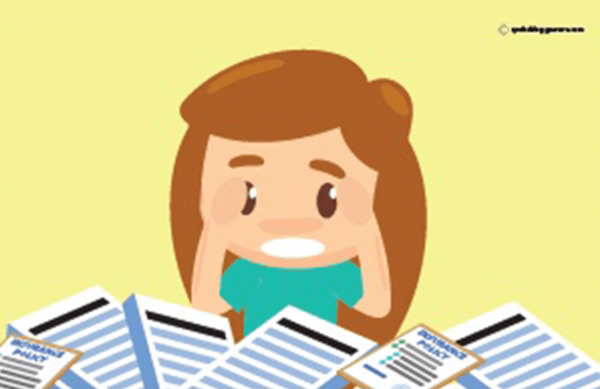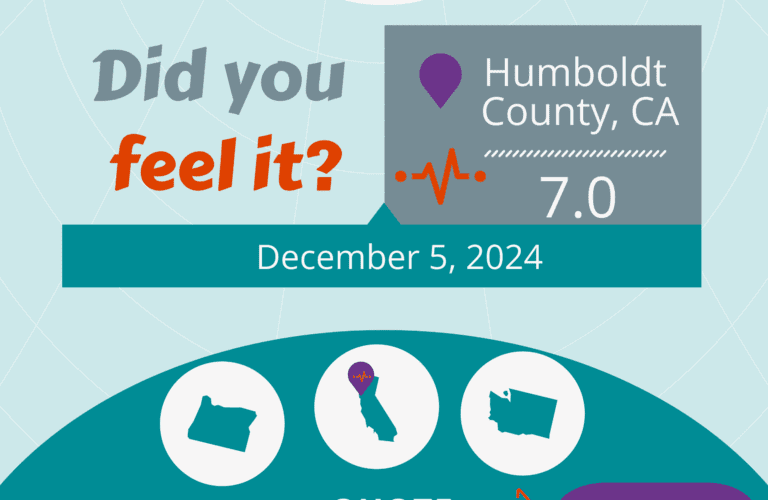Last week we started your journey to successful financial preparedness for emergencies by reviewing how your savings can help you survive after an earthquake. Now, we will focus on the next step of your financial preparedness journey: securing insurance to cover the big-ticket items that your emergency savings fund can’t easily cover.
Do I have the right kind of insurance? Is my insurance coverage enough?
Do you remember that feeling when you bought your first car? You felt like you were walking on clouds…until you got the bill for your auto insurance premium. If you’re especially fortunate, this was around the same time that you had to start paying for medical insurance premiums (ouch).
Then you got a little older, and you bought your first home. You found the homeowners insurance premium that didn’t make your skin crawl, signed the papers, and thought, “Alright, I don’t need to worry about insurance anymore.”
Brace yourself for a surprise: if you live in an area with a risk of natural disasters, you’re probably underinsured. Homeowners and renters policies do not cover natural disasters like earthquakes or floods. Are you financially prepared for this kind of damage?
Your homeowners policy does cover quite a few other risks. Be sure to read through your policy and become familiar with what those coverages do include. As a best practice, make a habit of reviewing your coverage once a year to make sure your policy still has:
- Accurate information
- Adequate coverage for the current value of your home and your equity
- Proper coverage of the contents of your home
This same habit should apply to those with a renter’s policy.
Now that you know what you have covered, it’s time to think about what possible risks you don’t have covered. For now, let’s focus on earthquake insurance.
Do I really need earthquake insurance for financial preparedness?
Am I financially prepared now?
Hang in there! You’ve thought about covering your basic needs and covering the expensive items, but have you thought about the hidden pitfalls in your monthly budget? Our last part of this 3-part series will discuss how you can maximize your budget now and in the future to make your financial preparedness plan rock solid in shaky times. Don’t overlook this significant danger that could wreck your savings.



